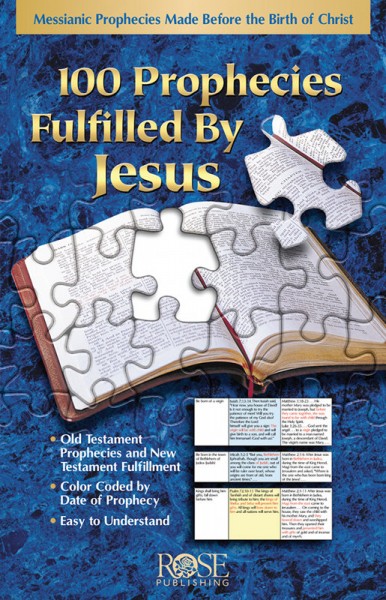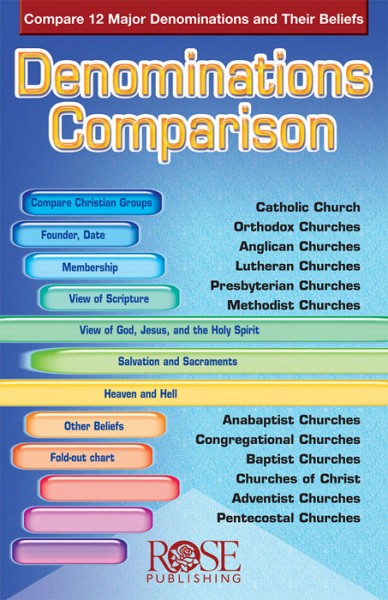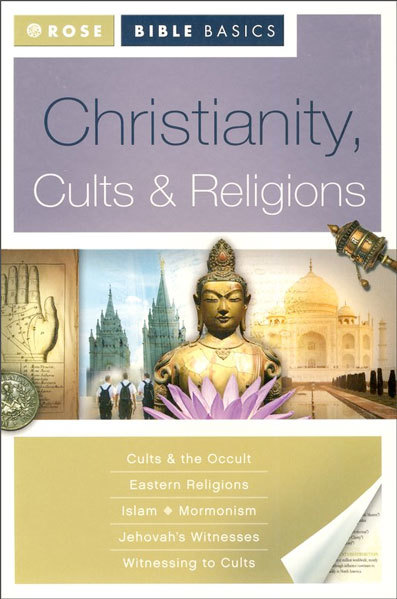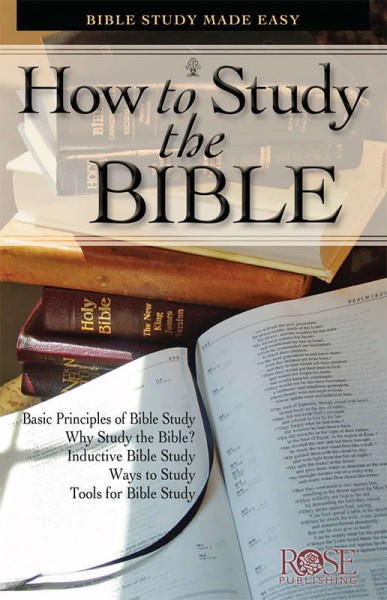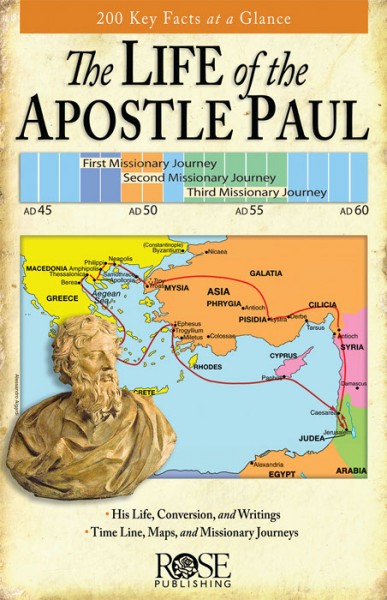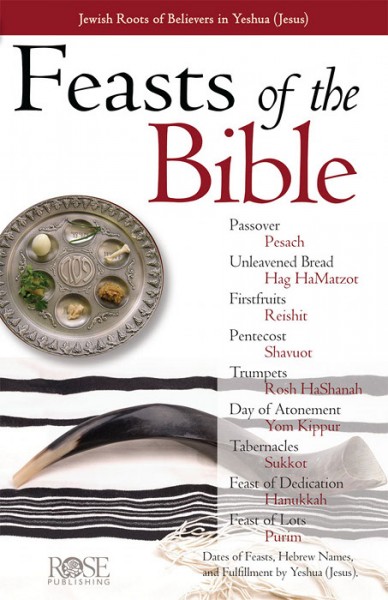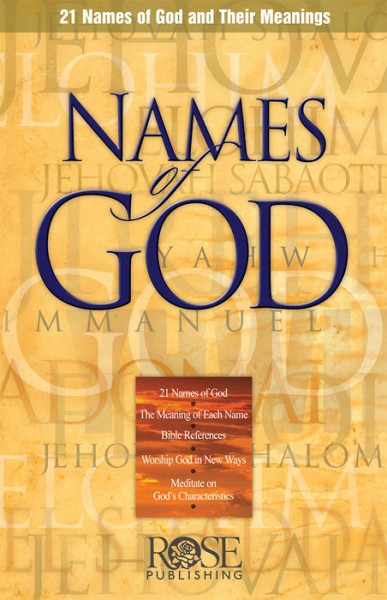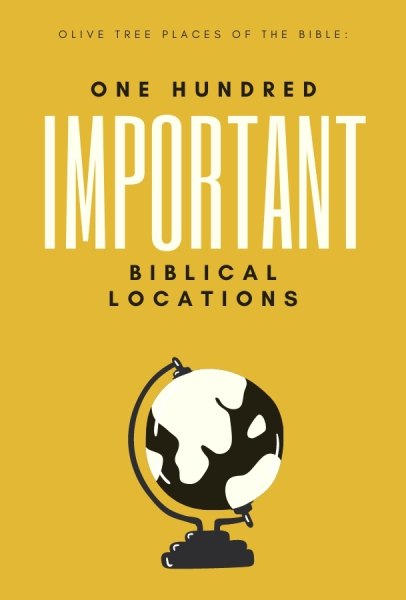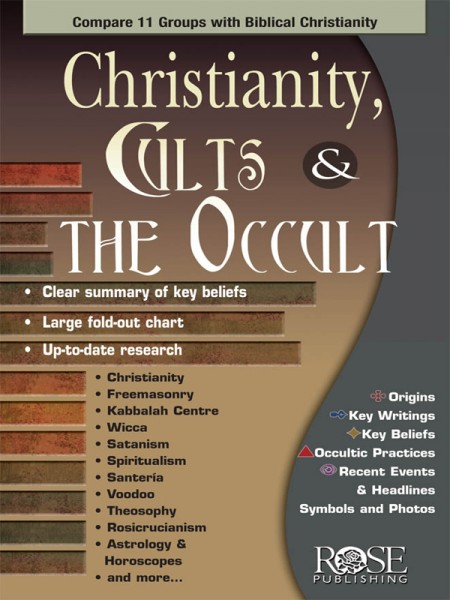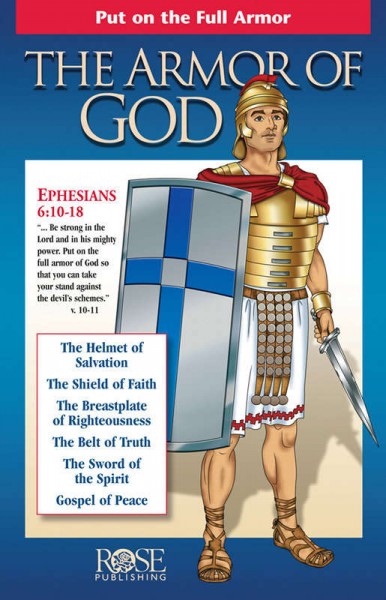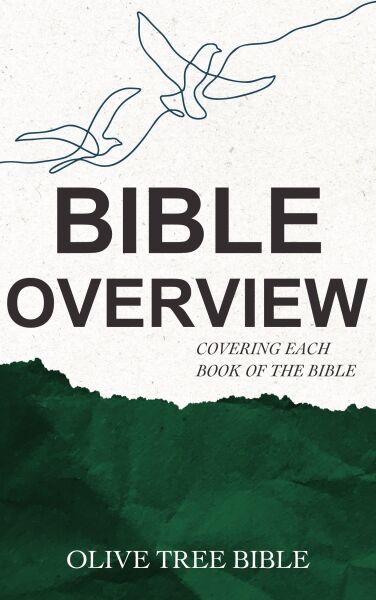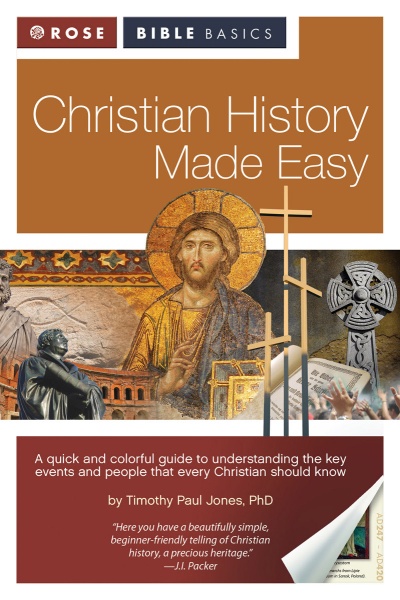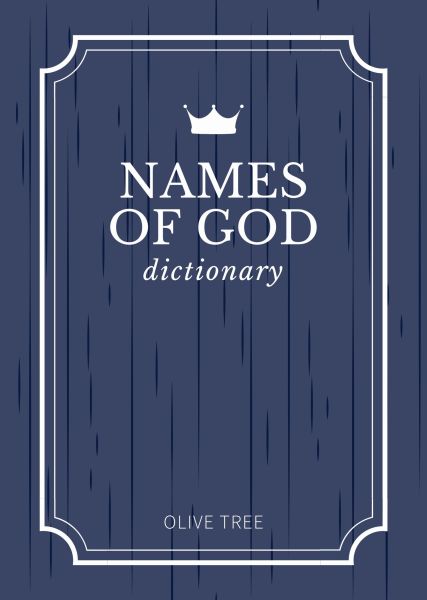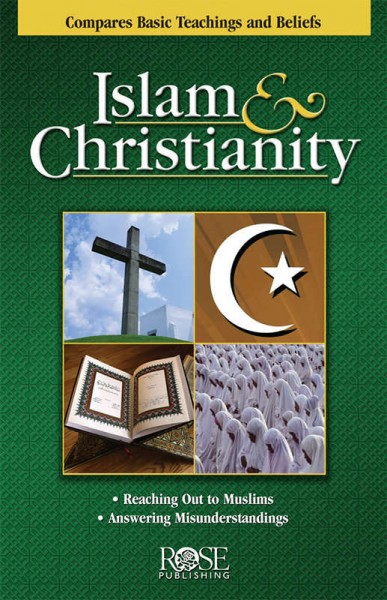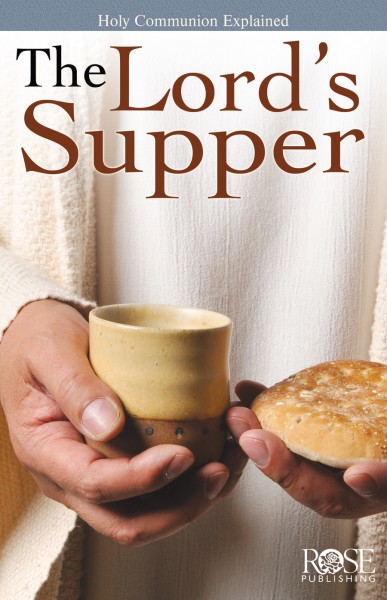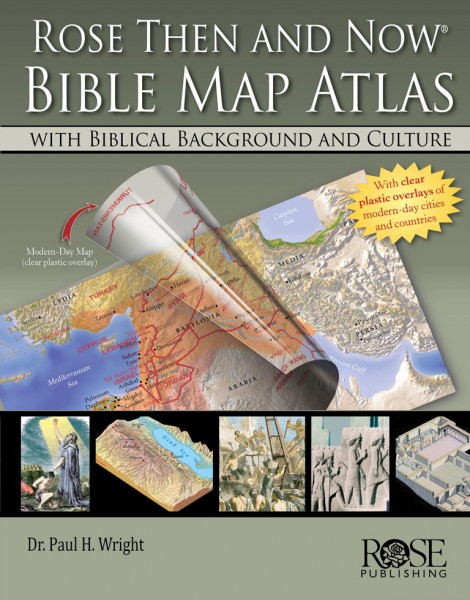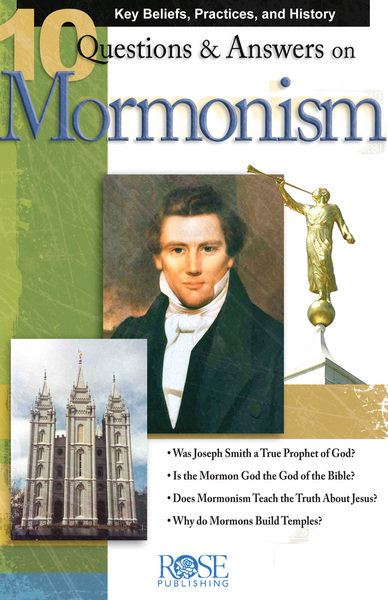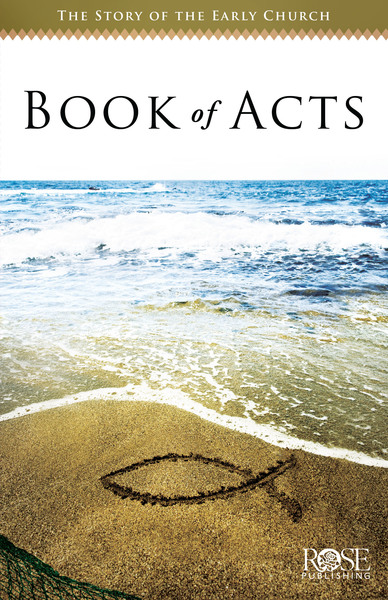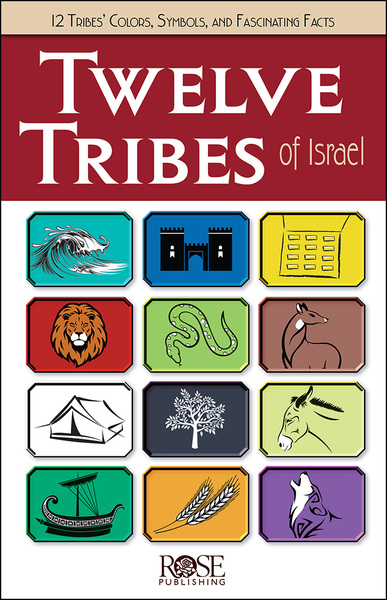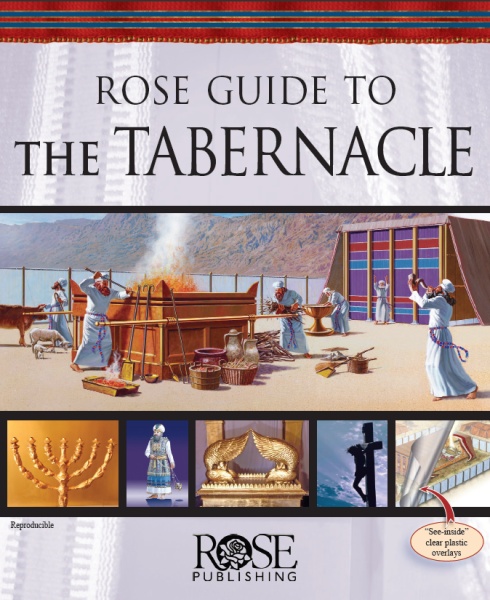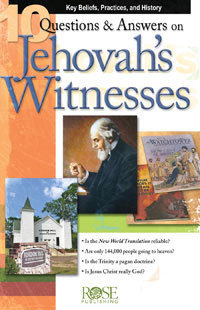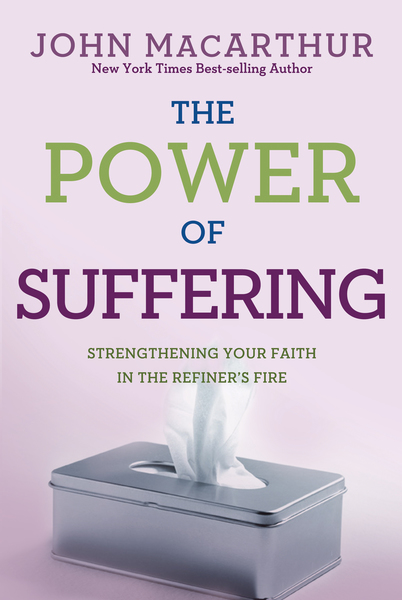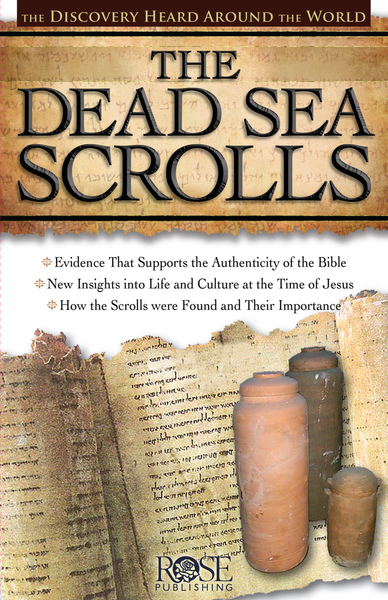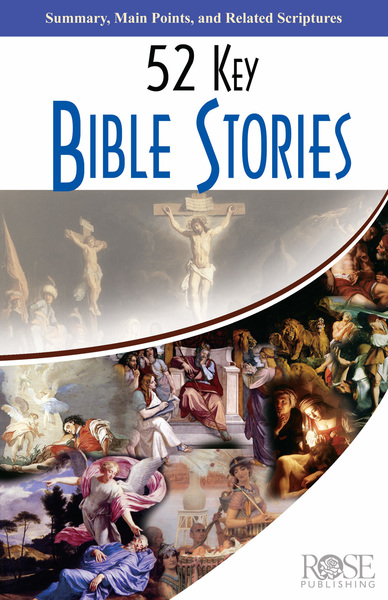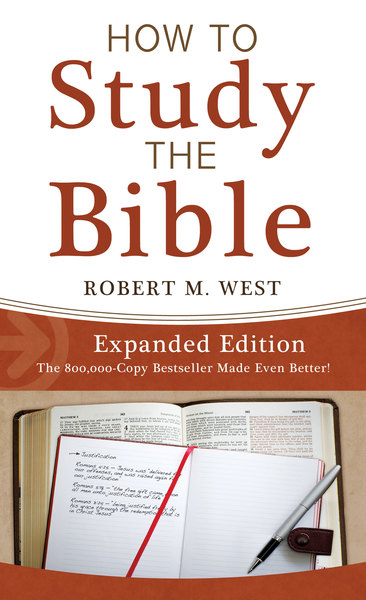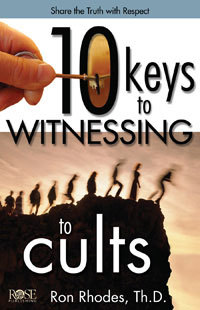



How We Got the Bible will increase the confidence of every believer regarding the reliability of the Bible. It includes a time line of key events in Bible-making history, examples and illustrations of ancient writing materials, and a variety of Bible versions. This resource includes the inspiring stories of early translators who gave their lives to translate and print the Bible, including William Tyndale, John Wycliffe, King James, Erasmus, and Johann Gutenberg.
Few stories in the history of the world are as amazing and as touching as the story of how we got the Bible. How We Got the Bible takes readers through this historical story and a time line of faithfulness, courage, and sacrifice for the sake of making the Bible available to us today. How We Got the Bible provides:
- Ten key points on how we got the Bible
- Illustrations of ancient documents created on papyrus and fine animal skins, as well as the first printing press
- A timeline that follows the emergence of the Scriptures that begins in 2000 BC and each major step taken in Bible publishing through AD 2000
How We Got the Bible will encourage every believer, and that answer the questions of those still seeking. It reveals how the Old and New Testaments were communicated through a variety of forms beginning as early as 1500 BC when they were written on stone, clay and leather, and later on papyrus, and fine animal skins. Discover the reasons we can trust the reliability of the Bible, for example, how earliest Bible manuscripts were intricately copied by hand and how ancient texts, such as the Dead Sea Scrolls, validate the earliest manuscripts.
A time line displays the remarkable and fascinating history of the Bible beginning in 2000 BC with Old Testament writers. The time-line captures key moments in Bible-making history such as:
- The translation of the Septuagint, the Hebrew Old Testament translated into Greek in 500 BC
- The collection of the 27 Books of the New Testament and formal confirmation of the Canon in AD 300
- The first English translation of the Bible by John Wycliffe in 1300
- The King James Version of the Bible written in 1611
- The discovery of the Dead Sea Scrolls in 1947
- The creation of dozens of modern versions of the Bible through 2008
How We Got the Bible reveals the people that were key to Bible translation history, including: Erasmus, Martin Luther, William Tyndale, Miles Coverdale, and many others.
Topical index: Apocrypha, Augustine, Bible translations, church fathers, codex, Dead Sea Scrolls, earliest translation, earliest translations, first book printed, first English Bible, Gutenberg, Hebrew Scriptures, Jewish tradition, Martin Luther, manuscripts, Maoretic text, New Testament, Old Testament, Origen, papyrus, parchment, Qumran, Roman type, scribes, scroll, scroll of Isaiah, scrolls, Tyndale, Vatican Library, vellum, Whittingham, Wycliffe
